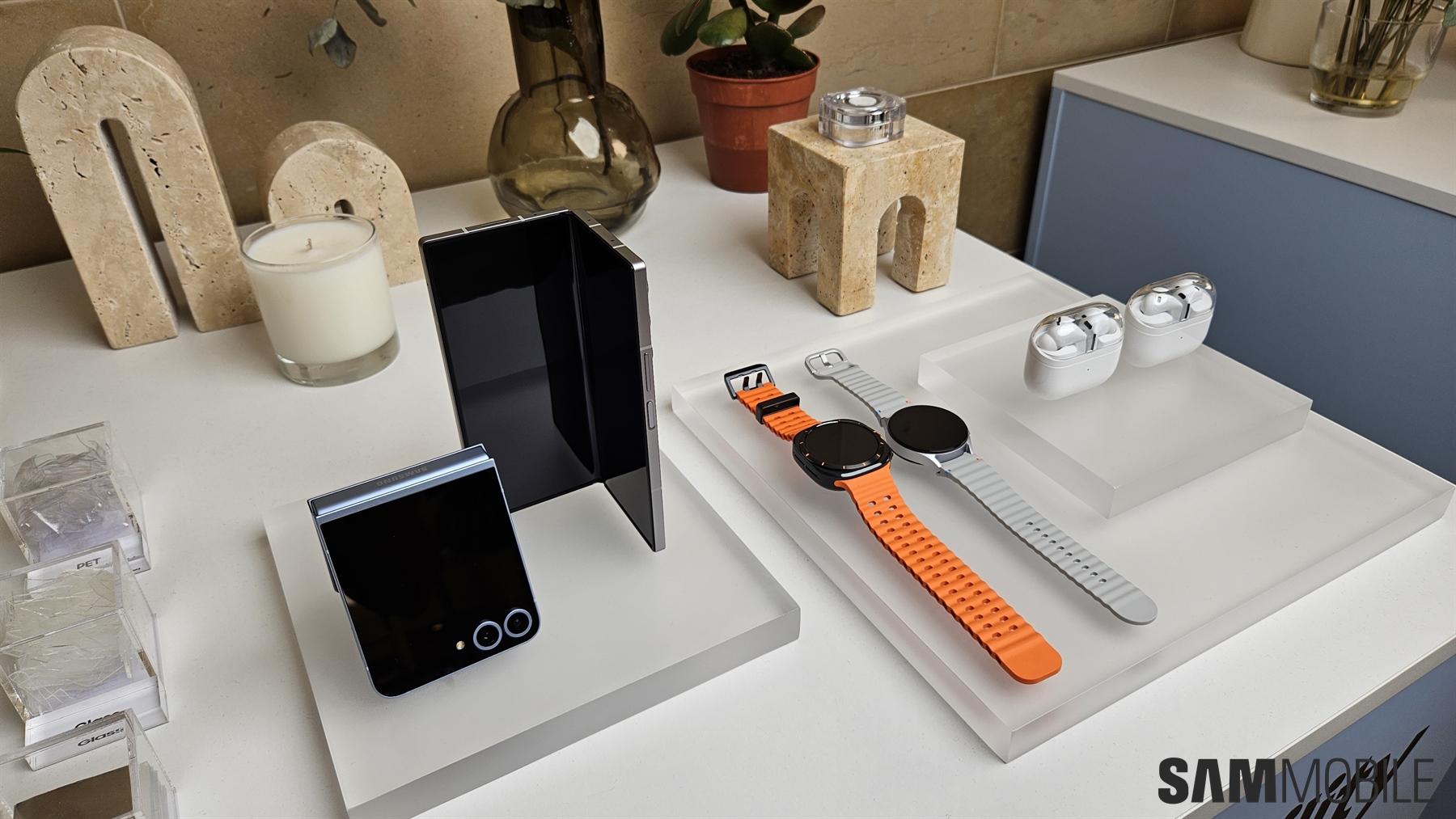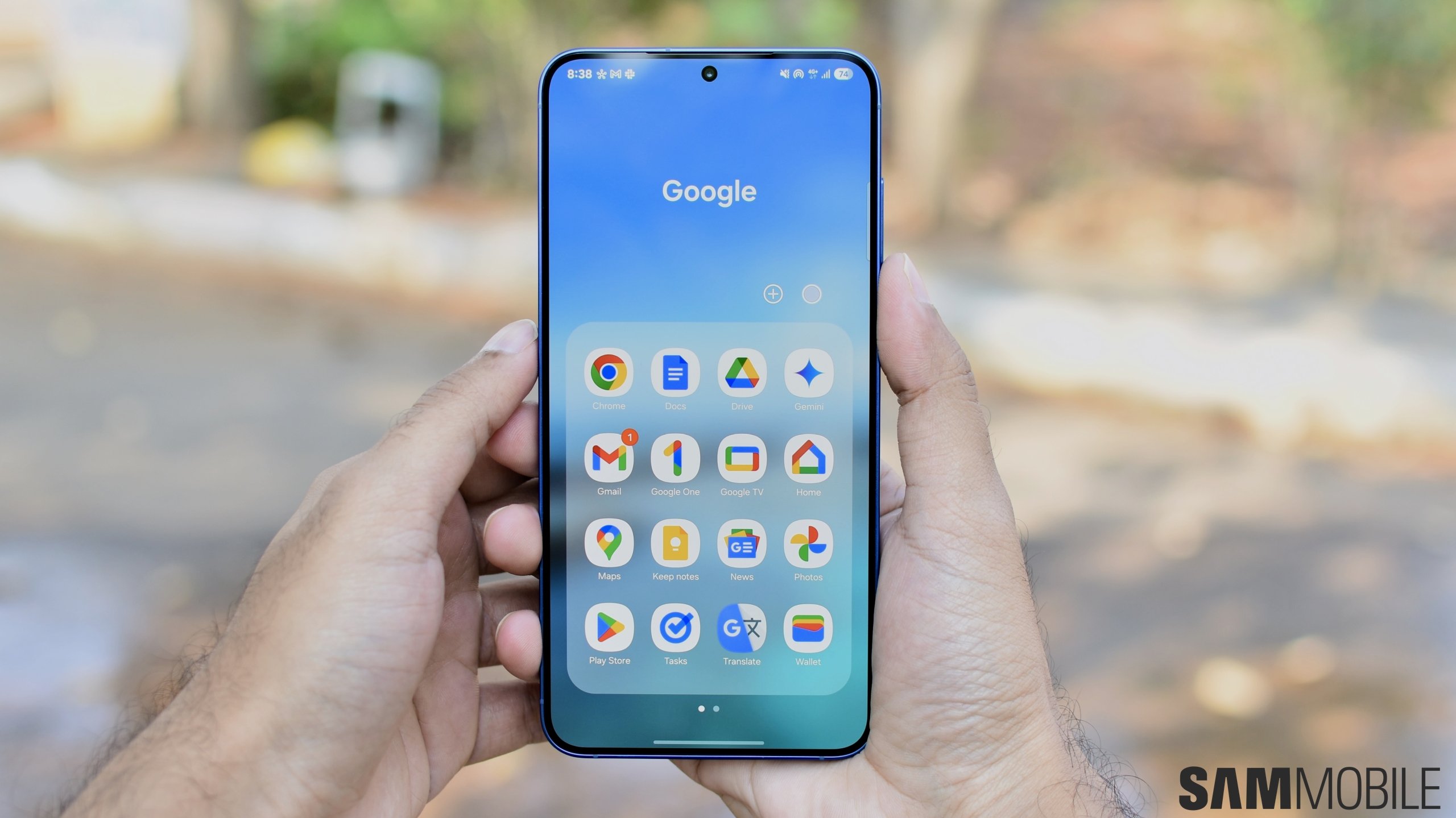
Galaxy Z Flip 6 and Galaxy Z Fold 6 are first foldable phones in the world to run Gemini Nano
While several Galaxy Z Flip and Galaxy Z Fold series phones from Samsung have received Galaxy AI, those devices are using Samsung's own AI models (Samsung Gauss) for AI features. The Galaxy Z Flip 6 and the Galaxy Z Fold 6 are the first phones to run One UI 6.1.1 out of the box and to use Google's Gemini Nano LLM.
According to Android Authority, all the Galaxy AI features run offline even when Gemini Nano isn't downloaded. The Galaxy Z Flip 6 and the Galaxy Z Fold 6 ship with the AICore service pre-installed. AICore is Android's system service that handles downloading and updating the Gemini Nano model. They also run Google Message's on-device Magic Compose version.
When the Gemini Nano model is not downloaded, the AICore app has a size of around 50MB. When the Gemini Nano model is downloaded, the AICore app measures around 1GB in file size.
The Magic Compose feature in the Google Messages app suggests replies based on a chat thread's conversation. It uses the last 20 messages in the chat thread to understand the context and suggest replies accordingly. This feature only runs on the device for improved privacy.
Right now, Google lists only the Pixel 8 Pro and the Galaxy S24 run Gemini Nano. However, the feature is present on the Galaxy Z Flip 6 and the Galaxy Z Fold 6. Google might update its list of compatible devices in the next few days to reflect Samsung's new foldable phones.
Google Keyboard should also be able to use Gemini Nano for the Smart Reply feature, but the Galaxy Z Flip 6 and the Galaxy Z Fold 6 don't have that feature for some reason.
Several third-party apps are planning to use Gemini Nano for on-device AI processing. Adobe is planning to use it to summarize PDF files, while Grammarly plans to use it to offer on-device grammar correction and language improvement. Google could use it in more of its apps in the future.


















